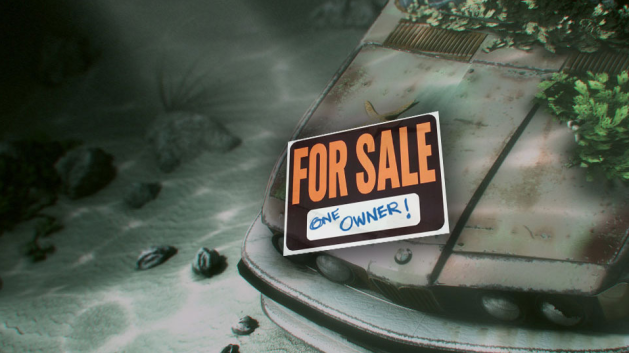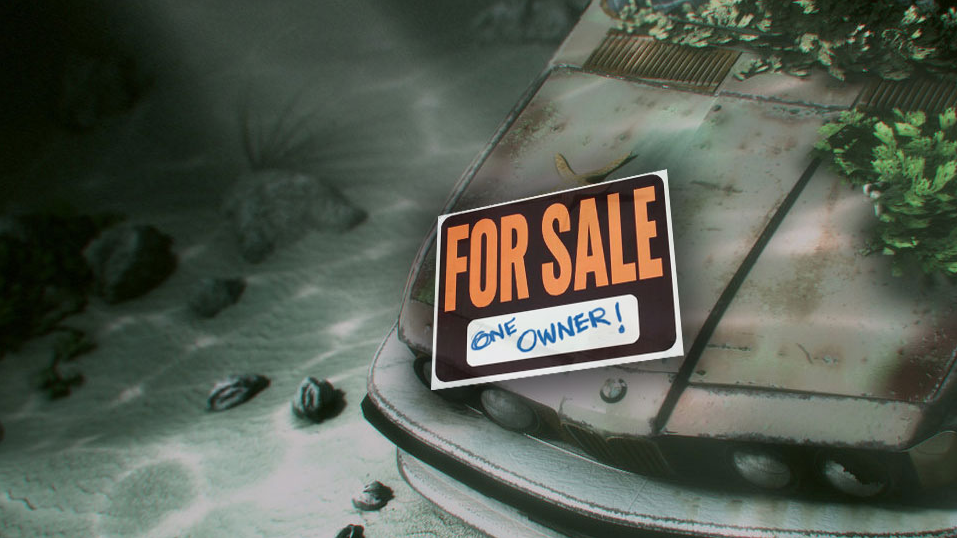
Buying a pre-owned vehicle can be quite a risk. Your vehicle is one of the biggest investments you will make, and you want to know that you are getting what you expect. There are a few ways you can ensure you are getting a reliable car. A detailed vehicle history report is a solid way to feel confident in what you are buying. Another way to feel confident is to have a certified mechanic inspect the vehicle for signs of wear and tear.
If you are buying from a private seller, both of these options can be extra expenses on top of the price you are already paying for the vehicle. That is why buying used cars from a dealership is usually going to be your best option. The certified technicians on staff at a dealership will inspect each and every pre-owned vehicle that comes on the lot. Also, they will provide potential customers with a detailed report of the vehicle so you can know if a vehicle has experienced some of the most common forms of damage.
Flood Damage
Water damage can be a serious problem, particularly on the Gulf Coast. The summer and hurricane season often dump massive amounts of water that seep into cars through the trunk, under the hood, and between the doors.
Standing water in an automobile causes mold, mildew, rust, and corrosion. A vehicle history report will only indicate water damage if the previous owner filed an insurance claim or applied for a rebuilt title. Some of the more dubious owners will attempt to cover up the signs of flooding so that they can sell the automobile for a higher price. Many of them are even quite successful in hiding the evidence of water damage for a while.
However, skilled technicians such as those who work for dealerships, will know how to find the signs of damage in every nook and cranny. Rust and corrosion specifically tend to hide in the tiny corners of the car where metal parts meet or underneath floorboards where water collects.
Salvages
The history report on used cars will also indicate if they have ever been salvaged. Salvaging a vehicle occurs when an insurance company deems a car beyond repair. This usually occurs when the cost to repair a vehicle is between 50% and 100% of its present value. However, some owners, especially those with mechanical skills, will not apply for salvage titles. In most states, a salvage vehicle cannot be legally driven on the road nor issued a license plate. In fact, many states require that these automobiles be re-inspected before they are allowed back on the road.
To avoid this hassle, some owners perform cosmetic repairs themselves and attempt to sell the vehicle. Unfortunately, the extent of the previous damage will not show up on a history report because it was never filed.
If you visit a dealership that specializes in used cars, you will not have to worry about unreliable vehicles. Every vehicle is inspected by skilled mechanics and a warranty is provided.
Article Source: http://EzineArticles.com/?expert=Anders_Abadie



